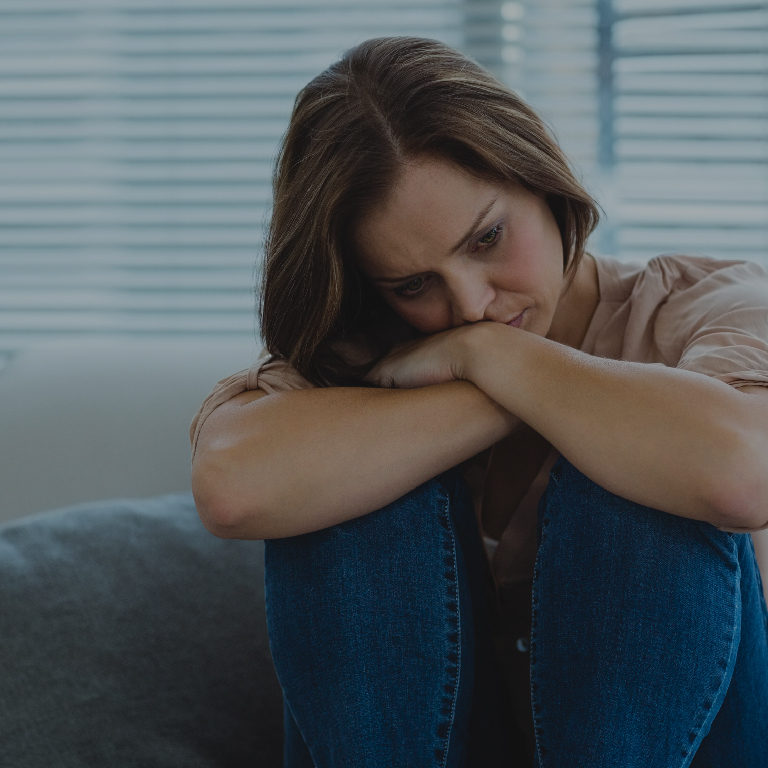The knee-jerk reaction when most people hear "group therapy" is typically, "No thanks, I don't need a group. I have friends, and socialising with strangers feels uncomfortable."
It's a common response, and it's completely understandable. But here's what most people don't realise: the value of group therapy goes far beyond simple socialisation. It's one of the most powerful therapeutic tools we have, and for a fascinating reason.
Unlike one-on-one therapy, group sessions are less controlled environments. This might sound like a drawback, but it's actually their secret strength. Just as we tell clients that we can't control everything in life, a group setting naturally models this reality – with safety bumpers (the group leaders) in place when needed.
Keep reading to learn about three types of group therapy along with several examples of typical group therapy activities.
3 Types of Group Therapy
1. Psychoeducational Groups
Psychoeducational groups provide structured environments where participants gain concrete knowledge and understanding about specific challenges.
These groups combine expert guidance with peer learning, creating a powerful educational experience. These groups can be tailored to provide:
- Understanding of common challenges through group discussions (see example below)
- Practical tools for managing specific situations
- Shared experiences that help normalise your journey
- Evidence-based information about your specific situation, usually provided by the group leader
Example Group Therapy Activity: Anxiety Cycle Mapping
Group participants work together to create a visual map of anxiety cycles using a large whiteboard or shared poster board. Each person contributes to identifying the following items that relate to anxiety:
- Common triggers
- Physical symptoms
- Thoughts
- Behaviours
The group leader facilitates a discussion about how these different elements connect and influence each other, helping participants recognise patterns in their own experiences and understand how anxiety cycles work.
2. Skills-Based Groups
Skills-based groups, often using CBT or DBT approaches, offer a focused environment for learning and practicing concrete coping strategies.
These sessions provide a comfortable entry point for many people, as they emphasise practical skill-building over deep personal sharing. Participants typically practice skills like:
- Breathing techniques for anxiety management
- Emotional regulation exercises (see example below)
- Stress management strategies
- Mindfulness practices
Example Group Therapy Activity: Quick Relief Skills Practice
The group learns and practices three simple distress tolerance skills together:
- Holding an ice cube, being careful to not over-ice where it is painful (to create immediate physical grounding)
- Square breathing (simple four-count breathing pattern)
- Hand-warming (rubbing hands together and focusing on the sensation)
Participants practice each technique and share which one works best for them, discussing everyday situations where they might use these skills.
3. Process Groups
Process groups represent the heart of interpersonal growth in group therapy. While they might seem more challenging initially, these groups create profound opportunities for connection and understanding through shared experiences.
Unlike skills-based or educational groups, process groups focus on building genuine connections through shared experiences. Whether you're navigating life transitions (like becoming a new parent or starting college), dealing with grief, or managing eating disorders or substance use, these groups offer something uniquely powerful: the chance to connect with others who truly understand your journey in ways that others will never comprehend fully.
Key activities that often occur in these groups include:
- Sharing personal challenges and receiving supportive feedback
- Practicing active listening and empathy
- Working through real-life situations together (see example below)
- Building trust through structured and supported sharing exercises
Example Group Therapy Activity: Empty Chair Dialogue
Group participants are encouraged to volunteer to work through a challenging relationship dynamic (the volunteer part is important!). They speak to an empty chair as if the person they're struggling with is sitting there, expressing their feelings and needs.
Group members observe and later provide feedback about what they noticed in terms of communication patterns, body language, and emotional expression. This creates opportunities for the group to discuss similar experiences and practice empathy.
Therapy Group Specialisations
Within the frameworks of psychoeducational, skills-based, and process groups, therapy groups further specialise to address specific life experiences and challenges. These focused groups allow for deeper, more relevant support tailored to participants' unique needs.
Here are some of the most common specialised groups you might see being advertised:
Life Transitions
- New parents adjusting to parenthood
- College students managing university life
- Career changes and workplace stress
- Grief and loss support
Mental Health Support
- Trauma healing
- Anxiety and depression
- Eating disorders
- Substance use
Family Support
- Parents of children with addiction
- Family dynamics
- Relationship skills building
- Caregiver support groups
Summary
Group therapy represents a unique space where individual growth meets collective wisdom.
The combination of professional guidance and peer support used in group therapy activities creates opportunities for healing that can't be replicated elsewhere. The true power of group therapy emerges when we recognise it not as a replacement for other forms of support, but as a unique complement to our existing mental health toolkit.
As noted in our free eBook Understanding and Healing Trauma, some of our most profound growth happens when we're brave enough to share our journey with others who understand.
The Mental Wellbeing Toolkit
Our self-guided program includes tools from CBT, DBT, ACT and more, so you can discover what works best for you.
Check out The Mental Wellbeing Toolkit today – it's "like 10 therapy sessions in one."

About Alexis
Alexis, a Licensed Clinical Social Worker (LCSW), is the founder and lead psychotherapist of her practice, Resilience Therapy LCSW PLLC based out of New York. With a Master's from NYU's Silver School of Social Work, she holds certifications in Family Therapy from Ackerman Institute and Trauma-Informed Practice from NYU.
She's a member of NASW, IAEDP, EAPA, Marion and Aaron Gural MHAT Taskforce, and the Women's Mental Health Consortium. Alexis specialises in anxiety, OCD, substance use disorders, and food/body image issues.



